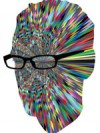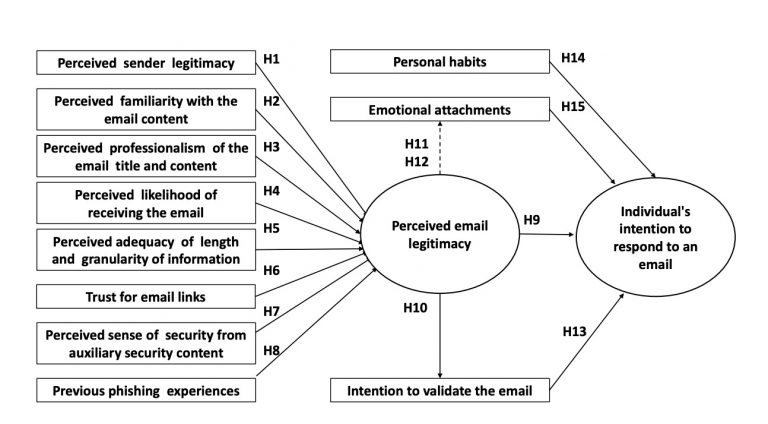Nature Magazine on the future of computing
The first one, Everything, everywhere, reflects on a future of ubiquitous computing where "Millions or billions of tiny computers — called ‘motes’, ‘nodes’ or ‘pods’ — would be embedded into the fabric of the real world. They would act in concert, sharing the data that each of them gathers so as to process them into meaningful digital representations of the world. Researchers could tap into these ’sensor webs’ to ask new questions or test hypotheses. Even when the scientists were busy elsewhere, the webs would go on analysing events autonomously, modifying their behaviour to suit their changing experience of the world. (…) Such widely distributed computing power will trigger a paradigm shift as great as that brought about by the development of experimental science itself."
A second article, The creativity machine, ponders on the implications of when the internet itself becomes a research tool and on the scientific possibilities of enlisting users to create content. Taking into account a future of a very large increase in network-connected devices, "we need to devise and experiment with large-scale architectures for collaboration. We need linguists and artificial-intelligence researchers to extend the capabilities of search engines and social networks to produce services that can bridge barriers created by technical jargon and forge links between unrelated specialties, bringing research groups with complementary problems and solutions together — even when those groups have not noticed the possibility of collaboration. In the end, computers plus networks plus people add up to something significantly greater than the parts. The ensemble eventually grows beyond human creativity. To become what? We can’t know until we get there."
See also this long commentary on the WorldChanging website about this special issue.
(via Pasta and Vinegar)




